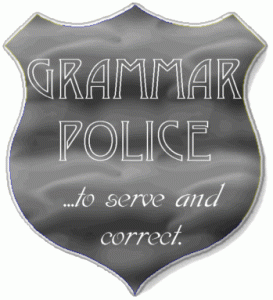 Yes kids, today we’ll set the land speed record for fastest click-away when I tell you that this post is about G-R-A-M-M-A-R! Mmhmm, big taste of castor oil and out of here everyone goes. Ciiiiiiiao!
Yes kids, today we’ll set the land speed record for fastest click-away when I tell you that this post is about G-R-A-M-M-A-R! Mmhmm, big taste of castor oil and out of here everyone goes. Ciiiiiiiao!
OK, anyone left? There’s good news for those of you remaining– you’re the ones who are going to succeed. This stuff is a drag. It’s also completely essential. The first time around I went over a grammar checklist you might use to help make your script fly proof. As a professional reader I can tell you most readers have a short fuse for basic errors. Why would I think you could take me on a magical Harry Potter-style journey with your script when you don’t know the difference between their/there/they’re? Why would I pass your script up the line to my boss at my agency, or send it on to the next round of Nicholl Fellowship, or think for ten seconds your script might be worth investing millions of freaking dollars when you insist on writing its instead of it’s?!
Small potatoes? Yeah, in the grand scheme, but it speaks to a great problem. You either didn’t notice the mistakes or did notice but didn’t take the time to nail the script down. No excuses either way. Clean this stuff up!
From that earlier post:
- Titles are capitalized when it refers to an actual person
The President would be capped in your screenplay. So would a Congressman.
- Beware of homonyms
They’re/Their/There. “They’re” is the contraction of “they are”. “Their means it belongs to them. “There” is a place. They’re going there with their parrots?!”
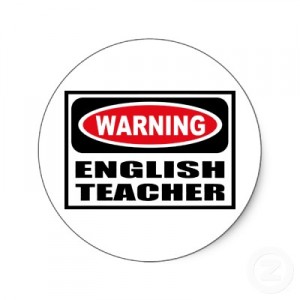 Too/To/Two. “Too” means also. “To” is the opposite of from or modifies a verb into the future. “Two” is the number 2. If the two of you are going to Florida, please bring me, too.
Too/To/Two. “Too” means also. “To” is the opposite of from or modifies a verb into the future. “Two” is the number 2. If the two of you are going to Florida, please bring me, too.
Then/Than. “Then” means sequence, that something happens first. “Than” indicates comparison. He’s heavier than I am. Jimmy moved to Green Bay, then I did.
It’s/Its. “It’s” = “it is”. “Its” indicates possession. For all its grand design and fabulous decor, it’s a shame we’ve been stuck on this Blue Line train for an hour.
- Watch out for frequently confused words
Which/That. “Which” indicates choice. Which one? “That” is just one, no choice. Of the two flights, that’s the one which will get us to Costa Rica faster.
Farther/Further. “Farther” means more than far. Further just means more, not distance. Please, how much further? I can’t run any farther, I really can’t.
Lay/Lie. Lie means recline. Lay means to place. Lie down on the bed. Lay the pepperoni pizza on the table.
- Use contractions
Use “it’s” when possible, not it is. “Can’t”, not cannot. Dialogue flows better using these.
- Resources
OK, this isn’t straight grammar, but check out Thesaurus.com to help your writing. For instance here, finding a better word for funny, or here, avoiding the deadly boring verb walks.
A serious grammar guide can be found at the Purdue Writing Lab. Study this and your grammar woes will magically disappear.
Here’s the ultimate dictionary resource.
Need a word in a foreign language? Right here.
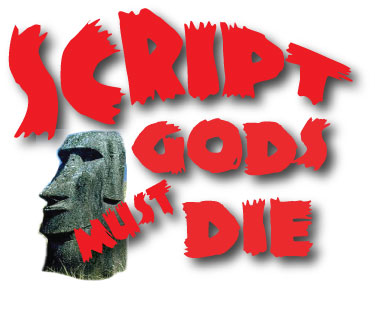
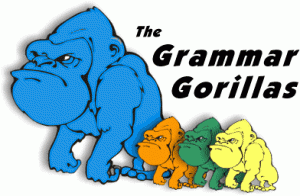
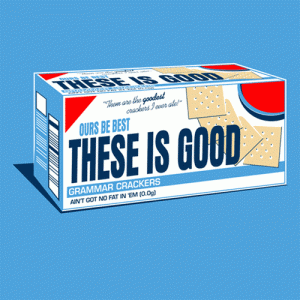
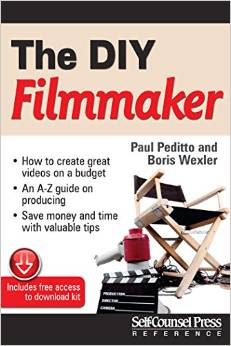
Grammar police, can stuff it you know where. Just tell a good story i say.